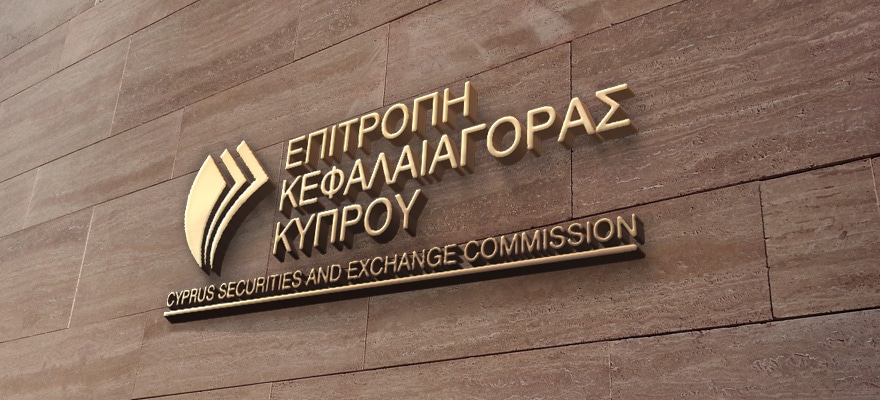The Cyprus Securities and Exchange Commission (CySEC) on Wednesday released an investor guide on financial resilience, highlighting ways in which investors can adapt to a sudden change in their income, whether this was the result of unanticipated expenses, a sudden job loss or the uncertainty experienced during difficult times for the economy.
“Achieving financial resilience is the best safety net to counterbalance financial difficulties and reduce vulnerability, especially when things take an unexpected turn,” the commission said.
“Some financially stressful events, such as unemployment, divorce, disability, and health problems affect people individually, while others, such as recessions, stock market downturns, and acts of terrorism, affect society as a whole and are generally more difficult to anticipate or plan for,” it added, noting that when households do not have enough financial resilience to withstand financial pressures and emergencies they “can end up turning to bad credit and unbearable debt”.
The commission stressed the importance of having a financial plan, including having a set goal to strive towards, allowing you to focus on what matters, as well as knowing where your money goes.
“An annual financial plan can help you make better use of your money, ensuring that you live comfortably, and within your means, are able to deal with any sudden expenses, and you generally are on the right path to achieve your long-term financial goals, including securing a decent income in retirement,” the commission said.
“In order to make educated decisions about how you are going to make ends meet, you must start by identifying how much you earn and analysing how you spend your money,” it added in relation to understanding how your income is disseminated, explaining that monitoring your income and expenses can help weed out imbalances in your spending habits.
Moreover, the commission advised investors to differentiate between their needs and wants, assessing which of their purchases are truly necessary and identifying which expenditures can be avoided in the future.
“Once you distinguish between your essential expenses and the expenses you incur for things you want; then cut what you can from the non-essentials and explore ways to reduce costs of essential expenses,” CySEC said.
“A budget will help you to have enough money for the things you really need,” it added, explaining that “this may help to keep you out of debt or keep your debt at a minimum, increasing your prospects of surviving during your financial crisis”.
What is more, the commission advised investors to reduce, and ultimately eliminate, their personal debt, as well as to focus on increasing their financial knowledge, thus boosting their ability to make sound financial decisions.
“According to recent surveys, those who were not taught in school about funds, investment, savings, taxes, and other basic economic terms -which is most of us- have a greater chance of becoming adults who might often find themselves in a financial dead-end,” the commission said.
“The best way to avoid this is by acquiring solid financial knowledge – it’s never too late to learn and the outcomes will be rewarding for your financial wellness. Check out more on this at the CySEC dedicated financial education website here,” it added.
Furthermore, CySEC urged investors to create an adequate emergency fund, obtain insurance coverage, guard themselves against fraud, make plans for retirement, as well as trying to find ways to make their money grow.
“Investing any idle capital you may have, can give your money a goal and a way to grow it,” CySEC said.
“The best way to invest depends on your current and future financial circumstances. It’s important to have a good and detailed understanding of your income and expenditure, your assets and liabilities, as well as your responsibilities and goals when building a sound investment plan,” it added, noting that investments begin with determining your financial goals, investment timeframe and feelings about risk.
Finally, the commission stated that financial resilience depends very much on one’s own financial behaviour, something which needs to be cultivated on a continuous basis, while stressing the importance of doing this in a proactive manner.
“The sooner you adopt good financial behaviour, or the earlier in life, the better chance you have to weather financial misfortune,” CySEC concluded.






Click here to change your cookie preferences